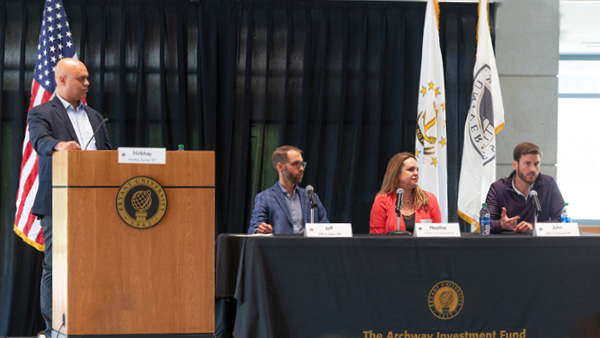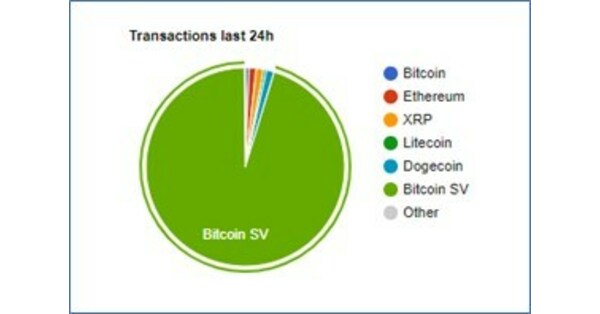RPA-based APIs to enable open finance in the Philippines

The latest white paper from the open finance platform Brankas discusses how RPA-based APIs directly support and enable the goals of Bangko Sentral of the Pilipinas (BSP) open financial framework.
In 2021, the Bangko Sentral ng Pilipinas (BSP) issued the Open Finance Framework that provides the guidelines to enable open finance in the Philippines and set the standard across Southeast Asia.
The regulatory framework is in line with the BSP’s ‘digital payments transformation roadmap 2020-2023’, which aims to strengthen customer preference for digital payments and promote more innovative and responsive digital financial services.
The framework cites greater competition, consumer data and financial control and more informed decision-making as the central goals of open finance.
The framework also promotes a more fluid discussion around the technologies that will enable the use of open finance; especially in the dynamic economic landscape of the Philippines.
It identifies the technologies necessary to achieve an open financial ecosystem where bank-managed APIs are securely accessible to verified third parties.
The use of robotic process automation (RPA) to develop RPA-based APIs that accredited third parties can securely access can be transformative.
Consistent with advanced open financial industries such as the EU, US and Australia, the use of RPA technology is both a necessary interim solution before bank-backed open APIs are made available by thousands of financial institutions in the Philippines, and a necessary “fallback solution” to ensure financial consumer choice when bank managed APIs are offline, underperforming or otherwise unavailable.

“The implementation of the BSP Open Finance Framework will potentially change the lives of Filipino consumers and bring us one step closer to holistic financial inclusion in the Philippines,” explains Todd SchweitzerCEO of the open financial technology company Brankas.
“Customer-approved RPA is the critical technology we need to get there – by enabling the safe and secure use of RPA, we as an industry can collectively enable Filipinos to access new and alternative financial products and services, with better quality and an affordable cost, without compromising their financial consumer and privacy rights,” continues Schweitzer.
Moves towards using RPA-based APIs safely, legally and securely while directly enabling financial inclusion
With the support of the newly formed Open Finance Committee of the FinTech Philippines AssociationBrankas, FinScore, Finverse and Smile API recently published a joint whitepaper called “RPA-Based APIs: Unlocking the Potential of Open Finance”.
According to the publication, their use enables customers to securely access the bank or financial institution’s online services and is also easily used and trusted by customers globally and in the Philippines for credit scoring, reconciliation and accounting operations, e-commerce payments and transfers to digital bank accounts.
The publication also discusses how RPA-based APIs are the only readily available technology that can enable a fully inclusive fintech ecosystem and achieve financial inclusion, while highlighting how RPA-based APIs are globally recognized and legally applicable to various markets around the world .
In the UK, for example, the nine largest UK banks adopted an open API standard with RPA-enabled APIs as an essential fallback technology when bank-managed APIs are not available.
In the US, RPA continues to be an important technology and is supported by Consumer Financial Protection Bureau for consumer authorized financial data sharing and aggregation.
Furthermore, the white paper explains that RPA-based APIs are legal in the Philippines under applicable laws and are enabled by key policies under competition, consumer protection and privacy laws. In particular, it implements the financial consumer’s privacy rights to access and data portability.
While there are concerns and perceived risks surrounding RPA technologies – open, fact-based discussion between industry and regulators can enable an open financial sector that protects consumers, empowers customers to choose and enables the next generation of open finance solutions.

























